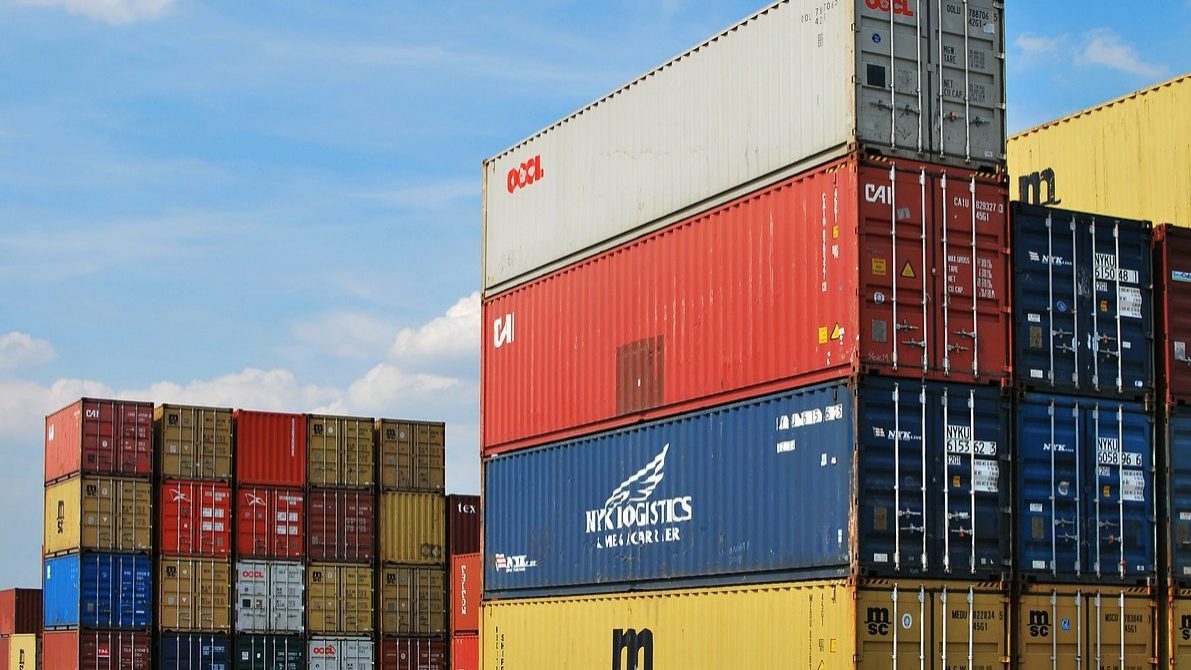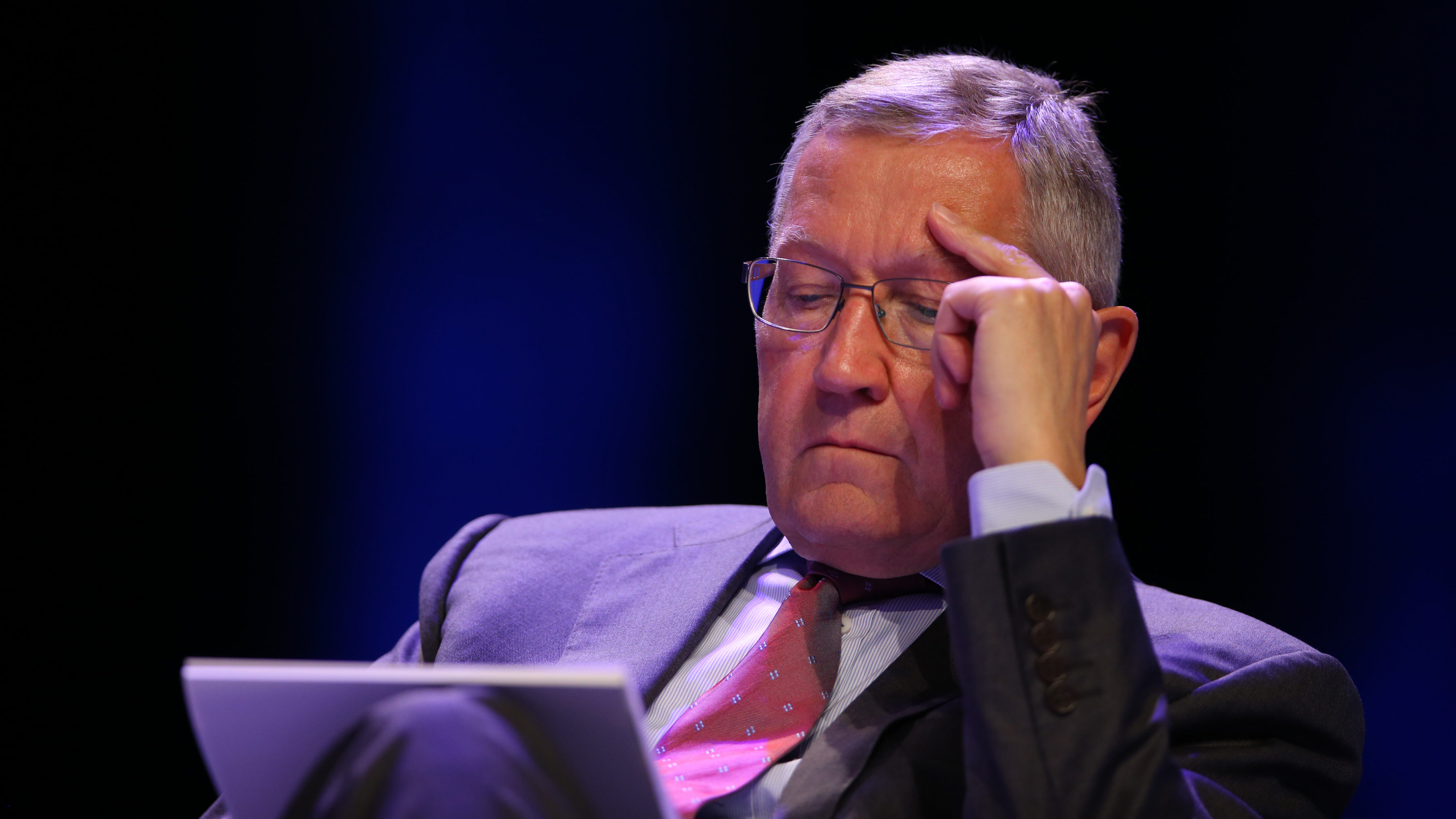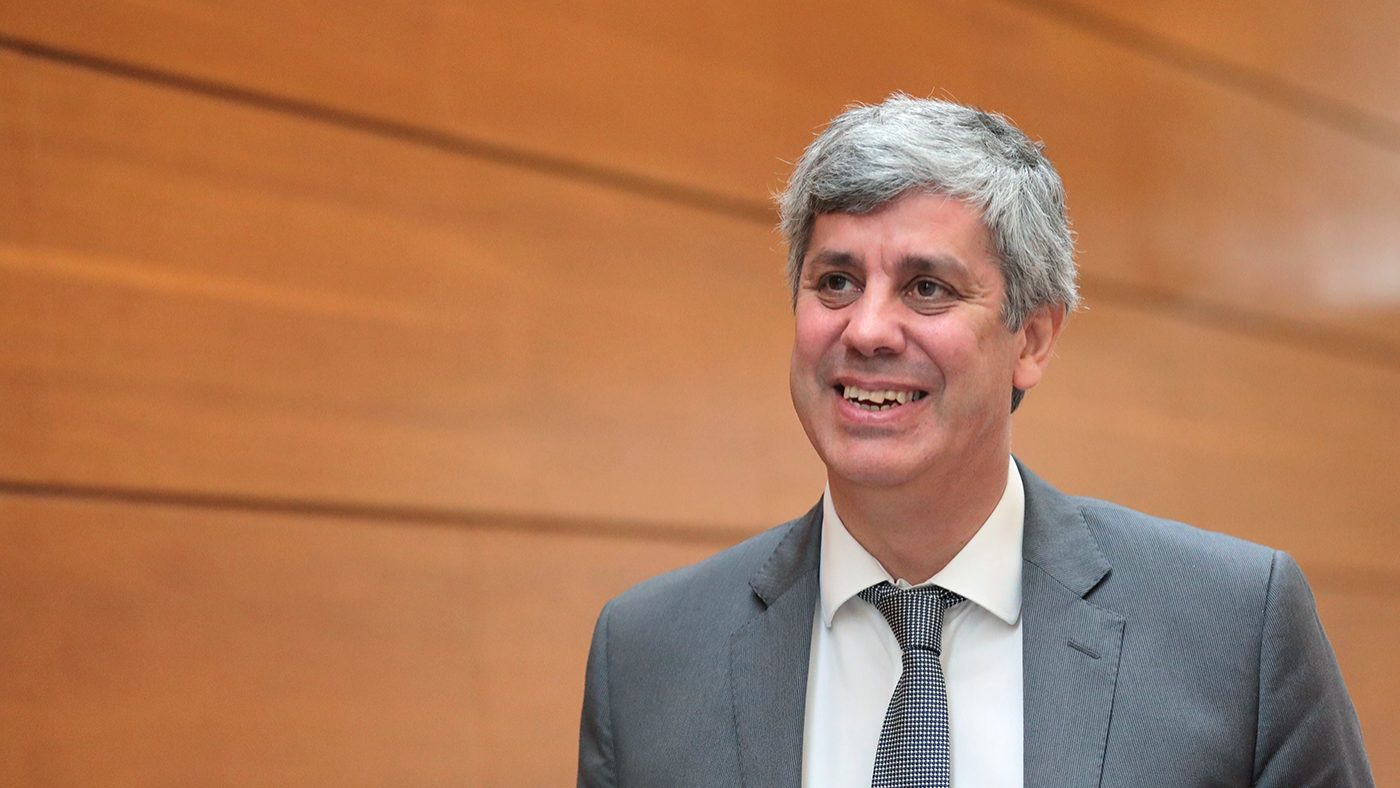Country’s young adults among worst educated in OECD
Only Mexico, Turkey and Spain have worse results, the OECD report showed. The data report showed that three out of 10 Portuguese between 25 to 43 years old don't have secondary education.
Portugal is the Organisation of Economic Cooperation and Development (OECD) member country with the fourth lowest levels of education among young adults, according to its newly released report ‘Education at a Glance 2018’.
Meanwhile, around one in every seven young adults in Portugal is a ‘NEET’ – not in education, employment or training, ranking the country 10th worst on this measure. Last year 15.2% of 18- to 24-year-olds were classed as NEETs.
Three out of ten 25- to 43-year-olds in Portugal have not completed secondary education, according to data from the international report relating to 2016, which placed Portugal near the bottom of the list of 35 OECD countries.
While far above the OECD average of 15% and European Union average of 14% for secondary dropouts, Portugal stands out as the country that has improved most in recent times. As recently as 2011, the majority of young Portuguese adults (56%) had not finished secondary school, meaning that in just five years, the rate fell by 26 percentage points.
There is, though, still a long way to go, especially among men. Fully 38% of those aged 25 to 34 never finished secondary education, against 23% of women. This 14-point gender gap “is the largest of all OECD countries”, the report states, comparing it with an average gap for all member countries of just three percentage points.
In Portugal, there are similar gaps at the other levels of education, yet men on average have higher pay.
“Women earn less independent of their educational level and the difference is greater in Portugal than on average in the OECD, “the report reads.
In Portugal overall, one in four adults failed to finish secondary school – more than twice the OECD average. Among youngsters, the situation is not so dramatic and has improved greatly in recent years: while in 2007 over half did not graduate from high school, last year 70% did.
The report links poor or incomplete schooling with wage inequality.
“Portugal has one of the highest percentages of adults without the secondary education of all OECD countries and is above the average of wage inequalities,” it says.
Another of the aspects analysed is the relationship between the socio-economic status of the families and opportunities for access and academic success. In access to education, the report stresses the importance of childcare or being with educators from an early age; in Portugal, it says, children from better-off families do better.
The difference between the percentage of children in day care or kindergartens whose mothers have completed higher education and children whose mothers have not passed the compulsory schooling is 17 points, as against an OECD average gap of 10 points.
Source: Lusa




